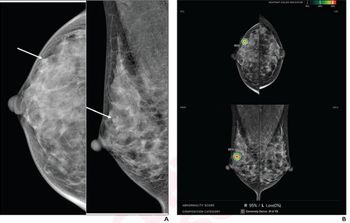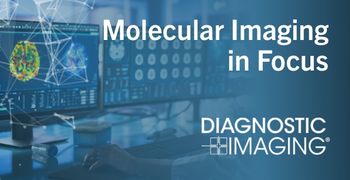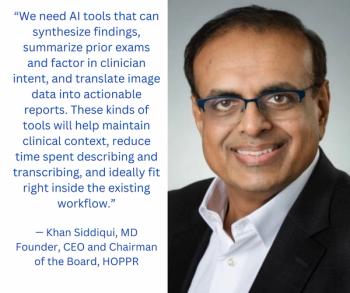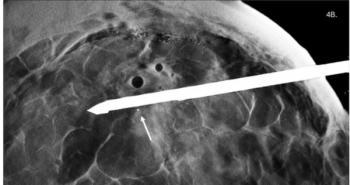
Tele-Ultrasound Technology Gets Expanded FDA 501(k) Clearance on Additional Mobile Devices
The expanded FDA clearance for Collaboration Live (Philips) gives clinicians the option to consult on or diagnose ultrasound images from their mobile devices.
In a promising development for real-time remote collaboration between physicians consulting on ultrasound images, the Food and Drug Administration (FDA) has expanded the 510(k) clearance of Collaboration Live (Philips) to include use of the tele-ultrasound platform on additional mobile devices.
Philips said the
“Sonographers no longer have to feel they are alone or limited to only acquiring ultrasound images and preparing a report for subsequent clinical review,” noted Gerois Di Marco, the general manager of global ultrasound services and solutions at Philips. “They can now call on the expertise of colleagues during ultrasound examinations to deliver on the spot accurate diagnosis that every patient deserves.”
Another benefit of the tele-ultrasound platform is the ability of the ultrasound user to cede control to the remote clinician, enabling him or her to make measurements, obtain a new image or enhance image quality, according to Philips.
Michael S. Ruma, MD, MPH, who is affiliated with Perinatal Associates of New Mexico, said the technology of Collaboration Live can have an impact in extending quality care to underserved communities.
“We have been able to open a strictly telemedicine office to serve our patients in rural communities because Collaboration Live enables us to carry out a full diagnostic visit remotely,” explained Dr. Ruma, a fellow of the American College of Obstetricians and Gynecologists.
Newsletter
Stay at the forefront of radiology with the Diagnostic Imaging newsletter, delivering the latest news, clinical insights, and imaging advancements for today’s radiologists.














